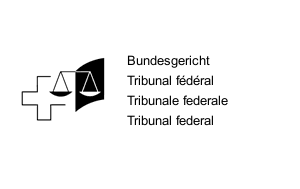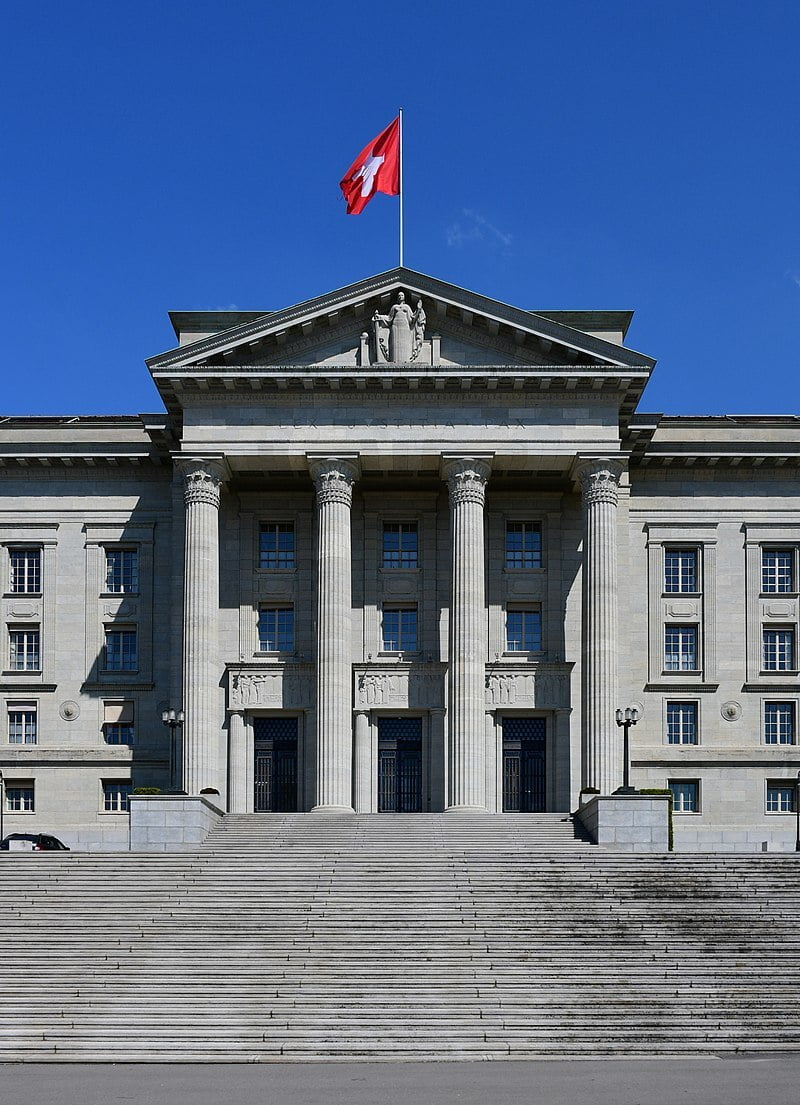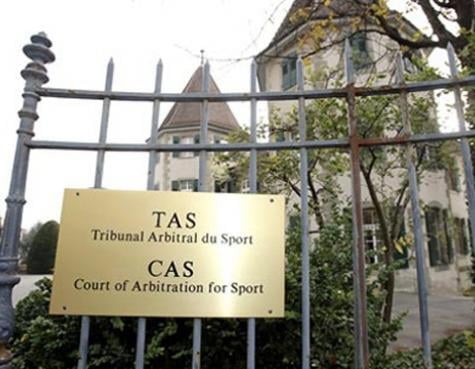The RFC club Seraing and the company Doyen Sport presented a complaint to the CAS (Court of Arbitration for Sport) considering that the FIFA regulation prohibiting the use of the TPO violated the free enterprise and free competition. The CAS has confirmed the validity of the FIFA Regulation under Community law. Believing that the sentence of the CAS violated Swiss public order and that the court did not provide sufficient guarantees of an independent arbitral tribunal, the club appealed to the Swiss Federal Court. By decision of 20 February 2018, the Federal Court dismissed the appeal.
Definition of TPO
According to the definition of the Swiss Federal Court, the TPO or third-party property of the players "is for a professional football club to transfer, totally or partially, to a third party investor his economic rights to a player, so that the investor can benefit from the possible added value that the club will realize during the future transfer of the player. In return, the investor provides financial assistance to this club to allow him to solve cash flow problems or help him to acquire a player, among other objectives".
Since December 2014, this practice has been prohibited by FIFA regulations in article 18 ter of the Regulations on the Status and Transfer of Players FIFA :
"No club or player may sign an agreement with a third party allowing the latter to be able to claim, in part or in full, an indemnity payable in connection with the future transfer of a player from one club to another club , or to be allocated any rights in connection with a future transfer or transfer indemnity".
FIFA in doing so wished "preserve the independence of clubs and players and ensure the integrity of matches and competitions".
Review of the facts and the procedure
In January 2015, the RFC Seraing signed a third-party contract with the investment fund Doyen Sports refusing to respect the prohibition of the TPO.
In September 2015, FIFA has sanctioned the RFC Seraing a fine of 136.000 euros and a two-year recruitment ban (ie four recruitment periods) for "breaches of the rules relating to the ownership of the economic rights of players by third parties (TPO)This was the first club sanctioned for the violation of the TPO ban and the RFC Seraing has initiated a procedure against FIFA and UEFA to have this sanction annulled by the CAS.
The conformity of the prohibition of the TPO with regard to community law pronounced by the CAS
During its shearing, on March 9, 2017 in Lausanne, the Court of Arbitration for Sport (CAS) confirmed the validity of the FIFA regulations:
"In any event and for the sake of completeness, the Arbitration Panel, after noting that the question of legitimate objectives was treated in an essentially identical manner by each of the parties within the framework of their pleas and arguments relating to competition law and freedoms of movement and by referring, for the sake of reasons to its findings relating to freedoms of movement as to the legitimacy of these objectives and the justification of the measures, considers that, both with regard to Article 101 of the TFEU, and of Article 102 of the TFEU the legitimate objectives pursued by FIFA are such as to justify the infringements of competition law, invoked but not established by the Appellant".
The CAS, on the other hand, reduced the duration of the ban on recruitment, "too severe" according to him, to three consecutive mercatos.
By a communicated release, published on 10 March 2017, FIFA welcomed this decision:
"After having studied in detail the elements brought to its attention on the basis of the relevant legal provisions - mainly related to European Union law - and despite the reduction of the initial sanction from four to three registration periods, the CAS recognized and confirmed the validity of the penalty imposed by FIFA on the ownership of the economic rights of players by third parties (TPO)."
The inadmissibility of the appeal before the Swiss Federal Court
Appealing the decision of the CAS, RFC Seraing lodges an appeal in civil matters before the Swiss Federal Court to overturn the 9 March 2017 decision. The club was arguing, Firstlythat the CAS did not constitute a genuine arbitral tribunal because of its dependence on international sports institutions and in particular Fifa - it thus invoked a lack of structural and financial independence of the CAS - and, on the other hand, that the award of the CAS was inconsistent with Swiss material public policy within the meaning of Article 190 al. 2 of the Swiss Federal Law on Private International Law (LDIP).
By a stop of 20 February 2018, the Federal Court rejects the appeal of the club.
(1) The lack of independence of the CAS, largely based on a decision of the German Federal Court (Bundesgerichtshof, 7 June 2016, No. KZR 6 / 15, Claudia Pechstein v / International Skating Union (ISU)) acknowledging the status of the Tribunal as an independent arbitral tribunal, the Swiss Federal Court dismissed the club's claims that "the Federal Tribunal has no reason to go back to a firmly established case law. The only ones who might urge him to do so are imperative motives which would dictate not to equate FIFA with the other IFs in terms of its independence from the CAS. However, the Court of Justice did not find sufficiently strong arguments in the appellant's pleadings to the point of justifying making FIFA a special case in this respect.".
(2) On the violation by the CAS award of Swiss public order, Article 190 of the LDIP on which the RFC Seraing's appeal is based provides that "1. The award is final as soon as it is communicated. / 2. It can only be challenged: […] e) when the award is incompatible with public order"As the Swiss Federal Court reminds us in its decision,"an award is incompatible with public policy if it fails to recognize the essential and widely recognized values which, according to the prevailing view in Switzerland, should form the basis of any legal order (ATF 132 III 389 at 2.2.3 [Federal Court, 8 March 2006, No. 4P.278 / 2005, Tensacciai Judgment]). There is a procedural public order and a material public order".
The club felt that the sanction was grossly disproportionate, to the point of violating material public order. However, the Federal Court ruled that "the Appellant obviously confuses the Federal Tribunal ruling on an international arbitration appeal with an appeal court authorized to freely review the sentence imposed on a convicted person by a lower criminal court and to take into account to this end, all relevant factual circumstances ".
The Federal Court therefore declares the appeal inadmissible.









